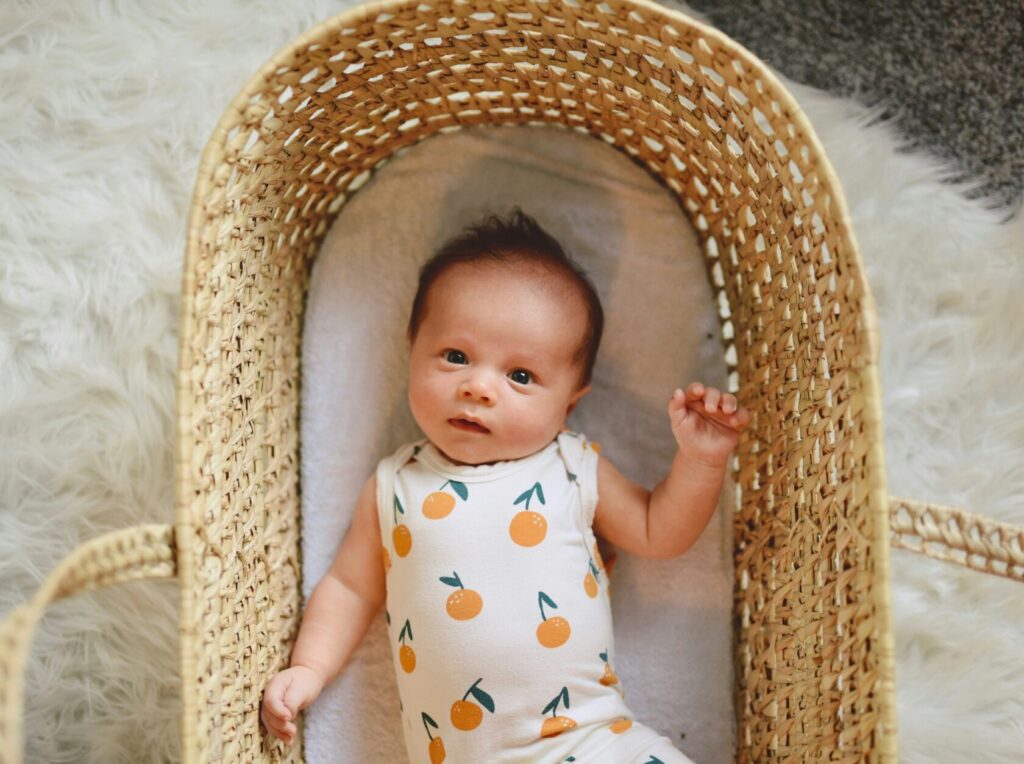More and more fathers are taking a year off work to look after their kids, testing the impact on their careers in the process. Child rearing is no longer just women’s work.

When asked if I’m a teacher, I say yes. When asked if I’m a stay-at-home-dad, I say yes. But am I really either one? I am taking a one year parental leave to stay home with my kids, four, three and one, while my wife, Karin, returns to work. She was home for a year with our third baby and now it’s my turn. I’ll return to work in September, at which time we will look for another caregiver. I’m having an identity crisis.
 It all started 11 years ago on a quiet walk along the river with Karin. She said something like this: ‘‘So let me get this straight. You want to have children, you think it’s ideal that one of us be home with them, you assume equal shared parenting, but you expect me to sidetrack my career to stay home with them? What about you?” I had been caught in my own inconsistencies. I wanted to be an equal parent, but had assumed that my wife would joyfully assume her role as mother by taking time away from work and career. That’s what moms do, I thought (but was wise enough not to say out loud). While this arrangement works great for many, it was not ideal for two career minded parents. So here I am, more than a decade later, putting my money where my mouth is.
It all started 11 years ago on a quiet walk along the river with Karin. She said something like this: ‘‘So let me get this straight. You want to have children, you think it’s ideal that one of us be home with them, you assume equal shared parenting, but you expect me to sidetrack my career to stay home with them? What about you?” I had been caught in my own inconsistencies. I wanted to be an equal parent, but had assumed that my wife would joyfully assume her role as mother by taking time away from work and career. That’s what moms do, I thought (but was wise enough not to say out loud). While this arrangement works great for many, it was not ideal for two career minded parents. So here I am, more than a decade later, putting my money where my mouth is.
LEAVE IT TO DADS
I am not the exception, by any means. A Statistics Canada report noted that the number of fathers claiming parental leave benefits rose from three percent to 10 percent between 2000 and 2001, and then to 20 percent by 2006. That’s one in five dads opting to stay at home for a while. Despite its rise in popularity, my colleagues’ reactions ranged from shock and excitement to stunned silence when I announced my pending leave. One of the more poignant reactions came from Wayne, a ‘seasoned’ colleague whose older children are now all out of the house working or in post secondary education. He said: “Kevin, I'm envious.” When his children were born, he was (and was expected to be) at work the very next day. The first time he heard that a father was taking four days off following the birth of their child, his reaction was one of cynicism… until he caught himself 10 minutes later: “What’s wrong with me? I should have been doing that when I had kids.” As legislation and common practice have evolved to allow fathers to take time off, his envy for us has grown.
While I enjoy relative support from my workplace, my peers and family, this isn't always the  case. An acquaintance at a local engineering firm was met with disbelief when announcing his coming parental leave. “My priorities were questioned. The decision to take time away from my career was an indication that something outside of my work was more important. People couldn't understand that.” In an environment where everyone was completely focussed on climbing the corporate ladder as quickly as possible, he followed through on his plans, setting an example for others and proving that taking a short time at home is not a career breaker. Thankfully, this mindset seems to be fading away.
case. An acquaintance at a local engineering firm was met with disbelief when announcing his coming parental leave. “My priorities were questioned. The decision to take time away from my career was an indication that something outside of my work was more important. People couldn't understand that.” In an environment where everyone was completely focussed on climbing the corporate ladder as quickly as possible, he followed through on his plans, setting an example for others and proving that taking a short time at home is not a career breaker. Thankfully, this mindset seems to be fading away.
FINDING AN IDENTITY
So, who are these men, and what is their ‘at-home’ experience? There are stay-at-home-dads on extended leave, like my neighbour, Steve, who has been at home full time with his kids for six years. He is my ‘dad’ connection, particularly when I need to feel I'm not the only one. These are the guys who really deserve the stay-at-home dad title. Then there are the stay-at-home dads who take a parental leave ranging from a few weeks to a few months during the first year of their baby’s life. They draw on federal parental leave benefits and thus are ‘traceable’. Finally, there are the stay-at home dads, like me, who are beyond the one-year window and environment where everyone was no longer qualify for funds, but are still protected by provincial law in our choice to be ‘on leave’ with our children. Statistics Canada, however, is unable to take note so our numbers can’t be tracked. Realistically, the time of those of us ‘on leave’ is limited so we can only claim the title temporarily.
We hang on to our professional and work titles to convince others and ourselves that we still have worth in the workplace. One of the errors I made early on was equating my working self with my home self. My plan was to apply my working skills to my home environment and experience all the success I do at work along with the resulting confidence. In hindsight, this was foolish. I found out that the day at home did not have the same predictability of a work day, my family did not respond as those in my workplace do, and my well developed work skills were suddenly rendered mildly amusing at best, or completely irrelevant at worst. Without my working skill set to rely on, who was I now?
As is evident from some of the stay-at-home-dad online discussions, my angst in finding myself and finding my way in this job is not uncommon. To solve my identity crisis, I’ve abandoned other titles for a new one: ‘Dad in Residence’. It gives a sense of belonging, purpose, and opportunity while acknowledging that my time at home is, by definition, going to come to an end. It also better identifies the appreciation shown by my spouse and by my kids for my time at home. I'm appreciated as a unique and talented individual who is both sacrificing and investing in my family. I'm not the same as my wife, and also very different from a child care provider.
READY, SET, GO!
In the six months approaching my parental leave, I was taking notes. As I anticipated the bliss and opportunity of staying home from work with my children, I watched stay-at-home parents around me for ideas and tips to becoming a ‘Super Dad’. This was, after all, going to be my career for a year. I expected to pursue my new ‘job’ with all the fervour of my current vocation. How could I climb my way up the home-maker corporate ladder and move from amateur father to Super Dad?
I didn’t quite get there. Being a ‘Dad in Residence’ carries with it a considerable learning curve. I don’t mean disrespect to full-time stay-at-home parents in assuming that I could become an expert before my return to work; I just figured that because so many of them do it well, I would be able to find my niche quickly and master my own crack at it.
SO WHAT HAVE I LEARNED?
I’ve learned that I need to master the basics of just walking through the day before I can learn to fly and take on all of the extra projects that await my attention. Sometimes just getting the kids dressed, playing a few rounds of ‘build and wreck the castle, train system planning and setup, hide and seek, 40 rounds of ‘peekaboo’, putting together three healthy meals, assuring nap times are kept, and finally reading a story and tucking them in for the night are all I can manage.

I’ve also learned that this kind of day is adequate. My kids still crave
my attention and want me to play with them. They don’t care what – just
that I do. I’m often their consolation in times of fear, pain, or
anxiety, and when they wake from a bad dream, the first person they yell
for is “POP!!!!” Maybe I’m not the ‘Super Dad’ I had hoped I would be,
but my kids’ opinion of me is enough of a confidence booster. And the
appreciation that Karin shows when she can go to work anxiety-free is my
icing on the cake.
Published May 2010









